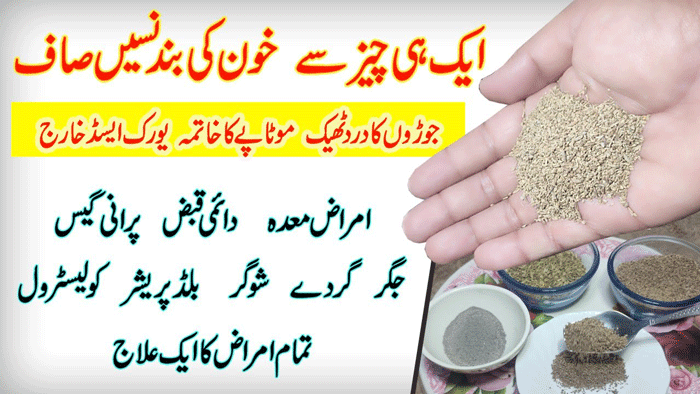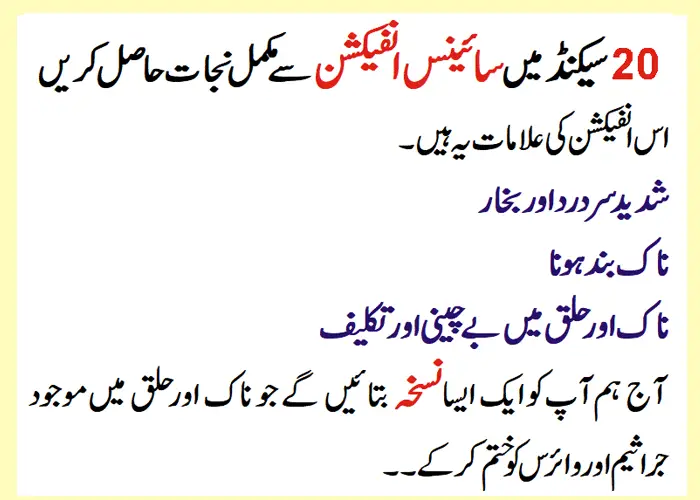Introduction
Drooling during sleep is a common phenomenon that many people experience. While it may seem embarrassing or inconvenient, drooling saliva in your sleep can actually be a positive indicator of your overall health. In this article, we’ll explore why drooling happens during sleep and the potential benefits it can offer.
The Role of Saliva
Saliva plays a crucial role in maintaining oral health by keeping the mouth moist, aiding in digestion, and protecting against bacteria. During sleep, saliva continues to perform these functions, albeit at a reduced rate compared to wakefulness.
Why Drooling Happens
Drooling occurs when the muscles responsible for keeping the mouth closed and swallowing are relaxed during sleep. Additionally, the position of the mouth and throat can contribute to drooling, especially if the head is tilted in a way that allows saliva to escape more easily.
Health Benefits of Drooling in Sleep
Contrary to common belief, drooling in sleep can offer several health benefits:
- Lubrication of the mouth and throat: Drooling helps keep the mouth and throat moist, preventing dryness that can lead to discomfort or irritation.
- Protection against oral issues: Saliva has antimicrobial properties that help neutralize acids and fight bacteria in the mouth, reducing the risk of cavities, gum disease, and other oral health issues.
Signs of Normal Drooling






Occasional drooling during sleep is considered normal and may occur in response to factors such as sleeping position or dream activity. Chronic drooling, on the other hand, may warrant further investigation, especially if it is accompanied by other symptoms or affects daily life.
When to Be Concerned
While drooling during sleep is usually harmless, there are instances where it may indicate an underlying health problem:
- Excessive drooling beyond sleep: If you experience persistent drooling while awake or during activities other than sleep, it may be a sign of an underlying medical condition such as dysphagia or neurological disorders.
- Associated symptoms indicating health problems: Other symptoms such as difficulty swallowing, changes in speech, or facial weakness may accompany excessive drooling and should prompt further evaluation by a healthcare professional.
Tips for Managing Drooling
If drooling during sleep becomes bothersome, consider the following tips for managing it:
- Sleeping positions: Experiment with different sleeping positions to find one that minimizes drooling, such as sleeping on your side instead of your back.
- Using pillows or bedding: Elevating your head with an extra pillow or using absorbent bedding can help prevent saliva from pooling around your mouth and causing discomfort.
Promoting Oral Health
Maintaining good oral hygiene is essential for preventing dental problems associated with drooling. Be sure to:
- Practice regular dental hygiene: Brush your teeth twice a day, floss daily, and visit your dentist for regular check-ups and cleanings.
- Importance of hydration: Drink plenty of water throughout the day to keep your mouth moist and support saliva production.
Improving Sleep Quality
Addressing underlying sleep disorders can help reduce drooling and improve overall sleep quality:
- Addressing underlying sleep disorders: If drooling is accompanied by snoring, gasping for air, or daytime fatigue, it may be a sign of sleep apnea or another sleep disorder that requires medical attention.
- Creating a conducive sleep environment: Ensure your bedroom is quiet, dark, and comfortable to promote restful sleep and minimize disruptions that may contribute to drooling.
Conclusion
Contrary to popular belief, drooling saliva in your sleep is not necessarily a cause for concern. In fact, it can be a sign that your body is functioning as it should, maintaining moisture in the mouth and protecting against oral health issues. However, if drooling becomes excessive or is accompanied by other symptoms, it’s essential to consult a healthcare professional for further evaluation and guidance.






